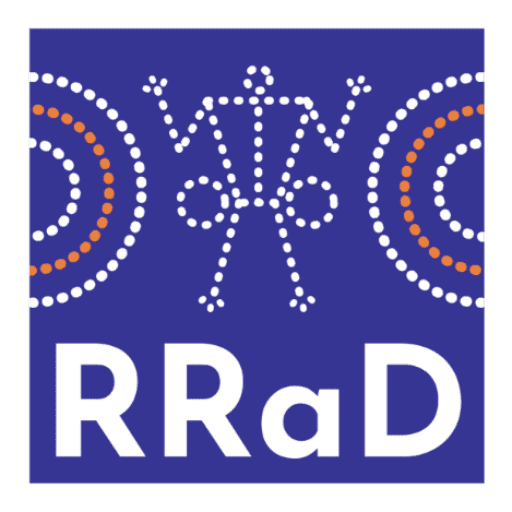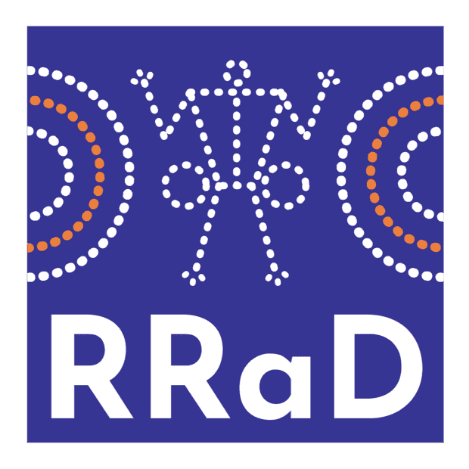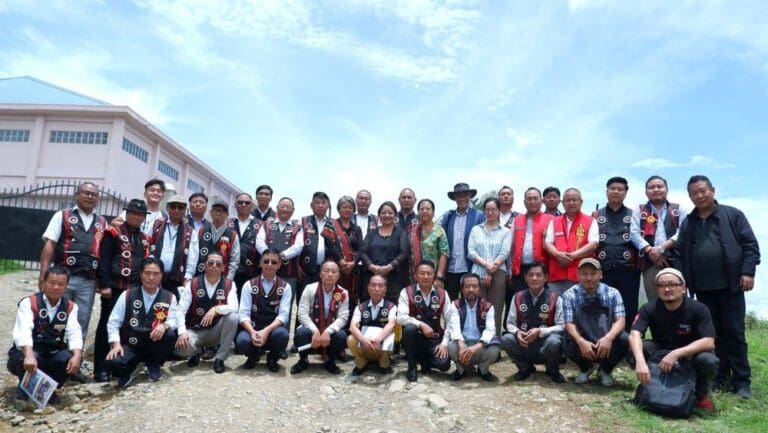Er Mhondamo Ovung, Chairperson of Lotha Hoho welcomed the RRaD team. The RRaD and FNR team were represented by Dr P Ngully, Manngai and Zavi Nisa. The focus of the interaction was to create awareness on the subject of ancestral remains and incorporate the response of the community members.
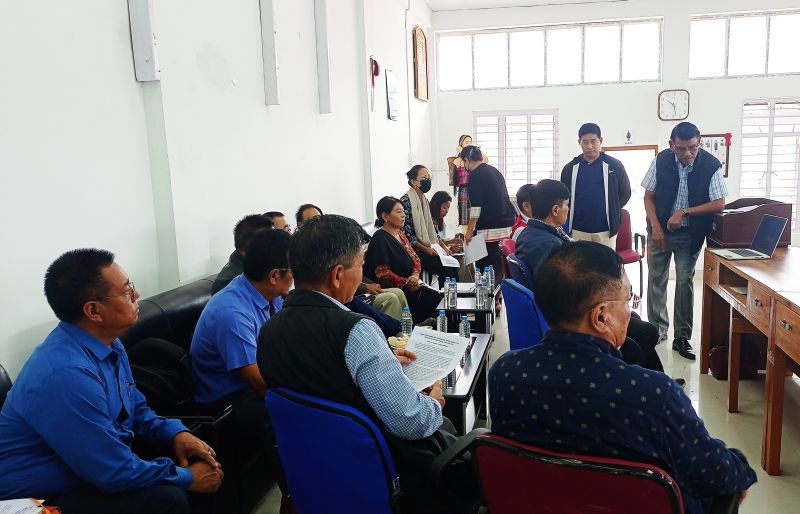
Dr Ngully highlighted the initial conversations on repatriation of Naga ancestral human remains and emphasised the role of Naga people as knowledge keepers of one’s own history. He also stressed the spiritual dimension of healing that the repatriation process will bring forth and allow the Naga people to transcend their differences.
RRaD team members shared on the repatriation process and the different responses of the Naga people. Emphasizing the repatriation process as a journey of hope and healing for the Naga people. The RRaD members further emphasised that decolonisation in the repatriation process involves a greater sense of healing.
The Lotha Hoho expressed their support for the Naga repatriation process. They suggested that the State Government of Nagaland should come onboard and collaborate with the RRaD team. Members of the Lotha Hoho acknowledged the importance of the repatriation process while highlighting the emotional toll on the community at large. They also expressed concerns on the practical aspects of the repatriation process like the work load and financial aspects of the repatriation work.
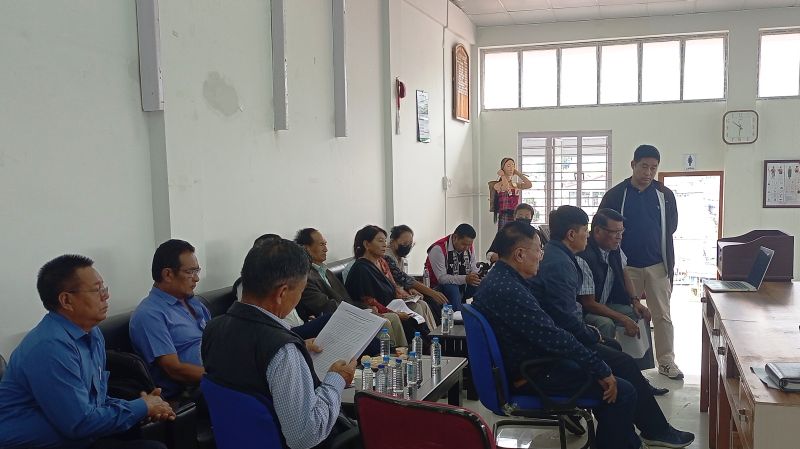
The Lotha Hoho members suggested that proper documentation and records on the details of the human remains should be in place. For example, they guided the RRaD to make sure details such as village, tribe, location from where these human remains were taken away were recorded well. The members also underlined it was important to elaborate under which circumstances the human remains were taken away by the colonial administrators.
In addition, members of the LothaHoho also deliberated on how to identify and claim the ancestral human remains if they belonged to an enemy or a non -Naga. There were also questions about what to do with human remains from the Naga Hills that lacks details and information of villages and tribe’s name, and in case there were conflicts arising from such issues, how would the Naga people resolve such matters.
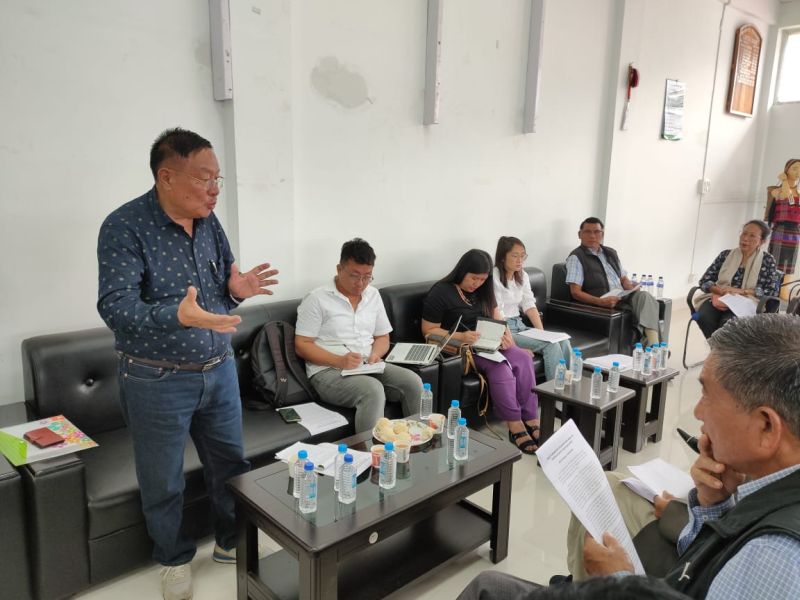
After the meeting with the Lotha Hoho, Manngai, member of RRaD reflected expressed, “Over the course of discussion, I have realised that certain concepts like decolonization, repatriation, indigenous space, or museum and knowledge keepers needs to be explained clearly.”
Zavi-i, member of RRaD also shared “The conversation has conveyed the need to explain terms and nuances such as decolonisation and repatriation well because their meanings have significance in the lives of people engaging with such a process.” She further stated, “People are welcoming dialogues to understand the meaning of decolonisation and repatriation even though opinions may remain diverse.”
She felt it was a good beginning since conscientizing is a process of decolonisation, and such sharing and reflections with community members aligns with the vision of the ongoing Naga repatriation initiative. She thanked the support and guidance from the Lotha Hoho members.
First published in The Morung Express on 20th August 2023
Link: https://morungexpress.com/lotha-hoho-expresses-support-for-naga-repatriation-dialogue
